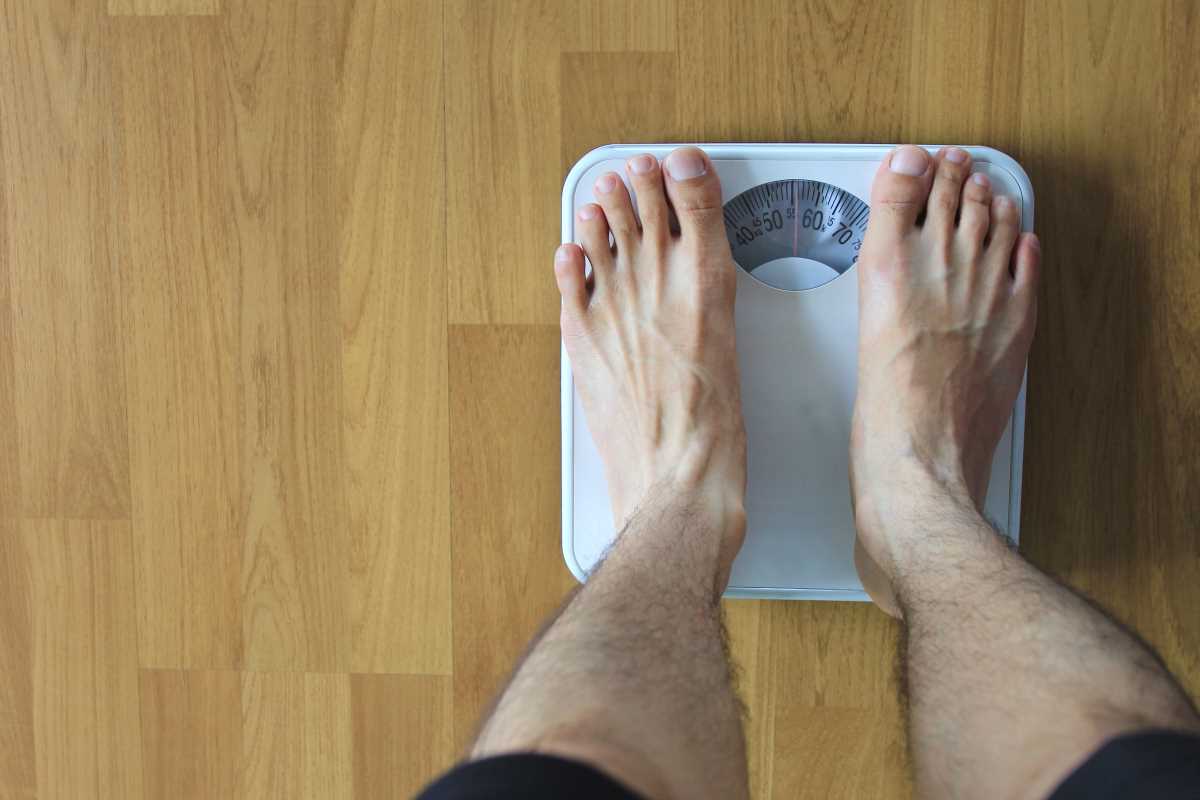Bipolar disorder, also known as manic-depressive illness, is a mental health condition characterized by extreme mood swings. These mood swings can range from periods of intense euphoria or mania to deep depression. People with bipolar disorder often experience these mood swings alternating between the two extremes.
Understanding Bipolar Disorder
Bipolar disorder is a complex condition that can affect people of all ages and backgrounds. It is believed to be caused by a combination of genetic, biological, and environmental factors. While the exact causes are not fully understood, research suggests that imbalances in brain chemistry play a significant role.
Symptoms of Bipolar Disorder
The symptoms of bipolar disorder can vary widely from person to person, but they typically involve periods of mania and depression.
Manic Episodes
During manic episodes, individuals may experience:
- Elevated mood
- Decreased need for sleep
- Increased energy
- Rapid speech
- Racing thoughts
- Impulsive behavior
- Inflated self-esteem or grandiosity
- Distractibility
- Increased involvement in risky activities
Depressive Episodes
During depressive episodes, individuals may experience:
- Persistent sadness or emptiness
- Loss of interest or pleasure in activities
- Significant weight loss or gain
- Insomnia or hypersomnia
- Fatigue or loss of energy
- Feelings of worthlessness or guilt
- Difficulty concentrating or making decisions
- Thoughts of death or suicide
Types of Bipolar Disorder
There are several types of bipolar disorder, each with its own unique characteristics:
- Bipolar I disorder: Characterized by at least one manic episode and at least one major depressive episode.
- Bipolar II disorder: Characterized by at least one hypomanic episode and at least one major depressive episode.
- Cyclothymic disorder: A milder form of bipolar disorder characterized by alternating periods of hypomania and mild depression.
- Rapid cycling bipolar disorder: A type of bipolar disorder characterized by frequent mood swings, with four or more episodes within a year.
- Treatment for Bipolar Disorder
Bipolar disorder is a treatable condition, and with the right treatment, individuals can manage their symptoms and live fulfilling lives. Treatment typically involves a combination of medication and therapy.
Medication
- Mood stabilizers: These medications help to regulate mood swings and reduce the severity of manic and depressive episodes.
- Antidepressants: While antidepressants can be helpful for treating depression, they may also trigger mania in people with bipolar disorder.
- Antipsychotics: These medications can help to manage psychotic symptoms that may occur during manic episodes.
Therapy
- Psychotherapy can help individuals with bipolar disorder develop coping skills, manage stress, and improve their overall quality of life.
- Cognitive-behavioral therapy (CBT) is a type of therapy that can help individuals identify and challenge negative thought patterns and behaviors.
- Interpersonal therapy (IPT) focuses on improving relationships and communication skills.
Coping with Bipolar Disorder
Living with bipolar disorder can be challenging, but with the right support and treatment, it is possible to manage the condition and live a fulfilling life. Here are some tips for coping with bipolar disorder:
- Stick to your treatment plan: It's important to take your medication as prescribed and attend therapy sessions regularly.
- Monitor your mood: Pay attention to changes in your mood and be aware of early warning signs of manic or depressive episodes.
- Build a support system: Surround yourself with supportive friends and family members. Consider joining a support group for people with bipolar disorder.
- Practice self-care: Engage in activities that promote relaxation and well-being, such as exercise, meditation, and hobbies.
- Avoid triggers: Identify any triggers that may contribute to mood swings and take steps to avoid them.
- Seek help when needed: If you are experiencing a severe manic or depressive episode, seek professional help immediately.
By following these tips and working closely with your healthcare provider, you can effectively manage bipolar disorder and live a fulfilling life.
Building Strong Relationships and Seeking Support
Living with bipolar disorder can be challenging, but it's important to build strong relationships and seek support from loved ones and professionals.
Building Strong Relationships
- Open communication: Communicate openly and honestly with your loved ones about your bipolar disorder. Let them know how they can support you and what to expect during different phases of your condition.
- Set boundaries: It's important to set boundaries with your loved ones to protect your mental health. Don't be afraid to say no or ask for space when you need it.
- Join a support group: Connecting with others who have bipolar disorder can be a valuable source of support and understanding.
- Practice empathy: Try to understand how your bipolar disorder may affect your loved ones. Be patient and compassionate with them.
Seeking Professional Support
- Therapy: A therapist can help you develop coping skills, manage stress, and improve your overall quality of life.
- Support groups: Joining a support group can provide emotional support and practical advice from others who understand what you're going through.
- Medication management: A psychiatrist or other mental health professional can help you manage your medication and adjust your treatment plan as needed.
- Crisis intervention: If you are experiencing a severe manic or depressive episode, seek immediate professional help.
Coping with Stigma
Bipolar disorder can be stigmatized, and it's important to remember that you are not alone. Many people with bipolar disorder live fulfilling lives with the right support and treatment.
- Educate others: Help others understand what bipolar disorder is and how it affects your life.
- Challenge stigma: Speak out against negative stereotypes and discrimination.
- Focus on your strengths: Don't let bipolar disorder define you. Focus on your strengths and accomplishments.
Self-Care and Wellness
Taking care of yourself is essential for managing bipolar disorder. Here are some self-care tips:
- Get enough sleep: Aim for 7-9 hours of sleep per night.
- Eat a healthy diet: A balanced diet can help you feel better physically and mentally.
- Exercise regularly: Exercise can help reduce stress and improve your mood.
- Practice relaxation techniques: Techniques like meditation, yoga, and deep breathing can help you manage stress and anxiety.
- Avoid triggers: Identify any triggers that may contribute to mood swings and take steps to avoid them.
Remember, you are not alone. With the right support and treatment, you can manage bipolar disorder and live a fulfilling life. Talk to your doctor about bipolar today!
 (Image via
(Image via





